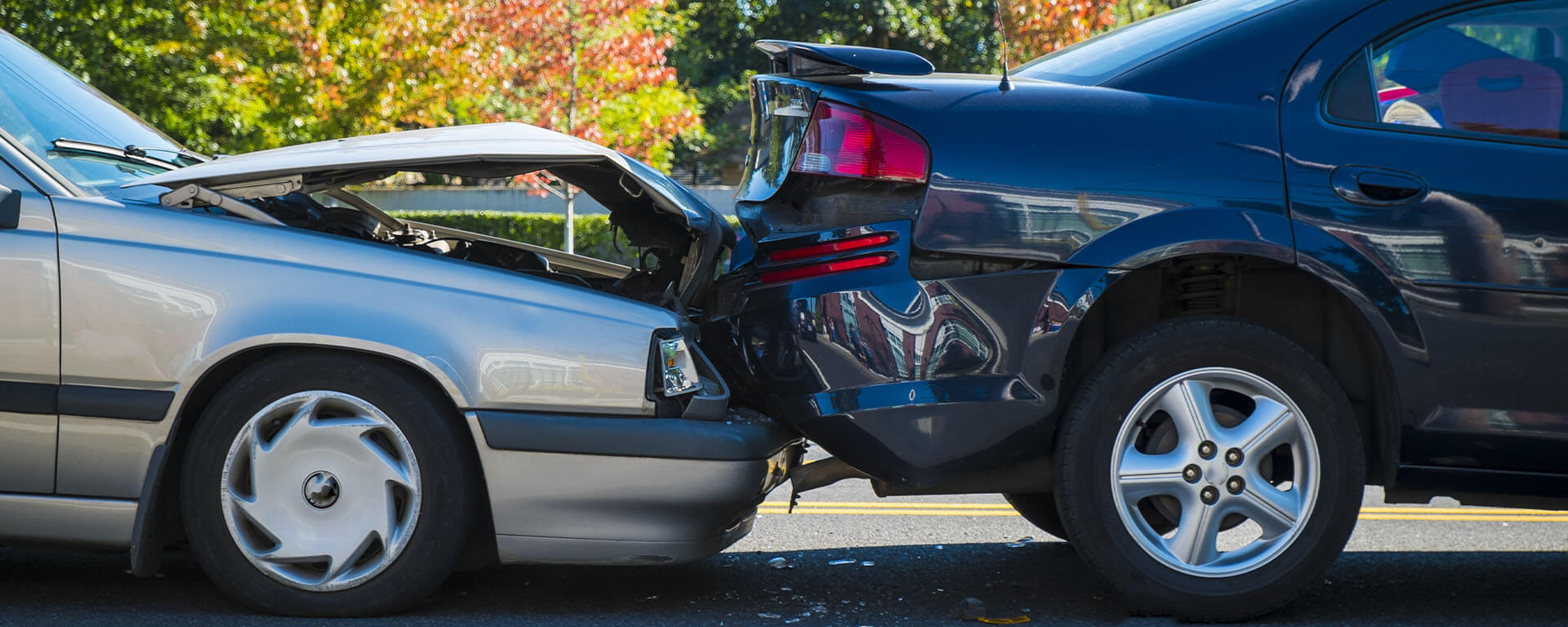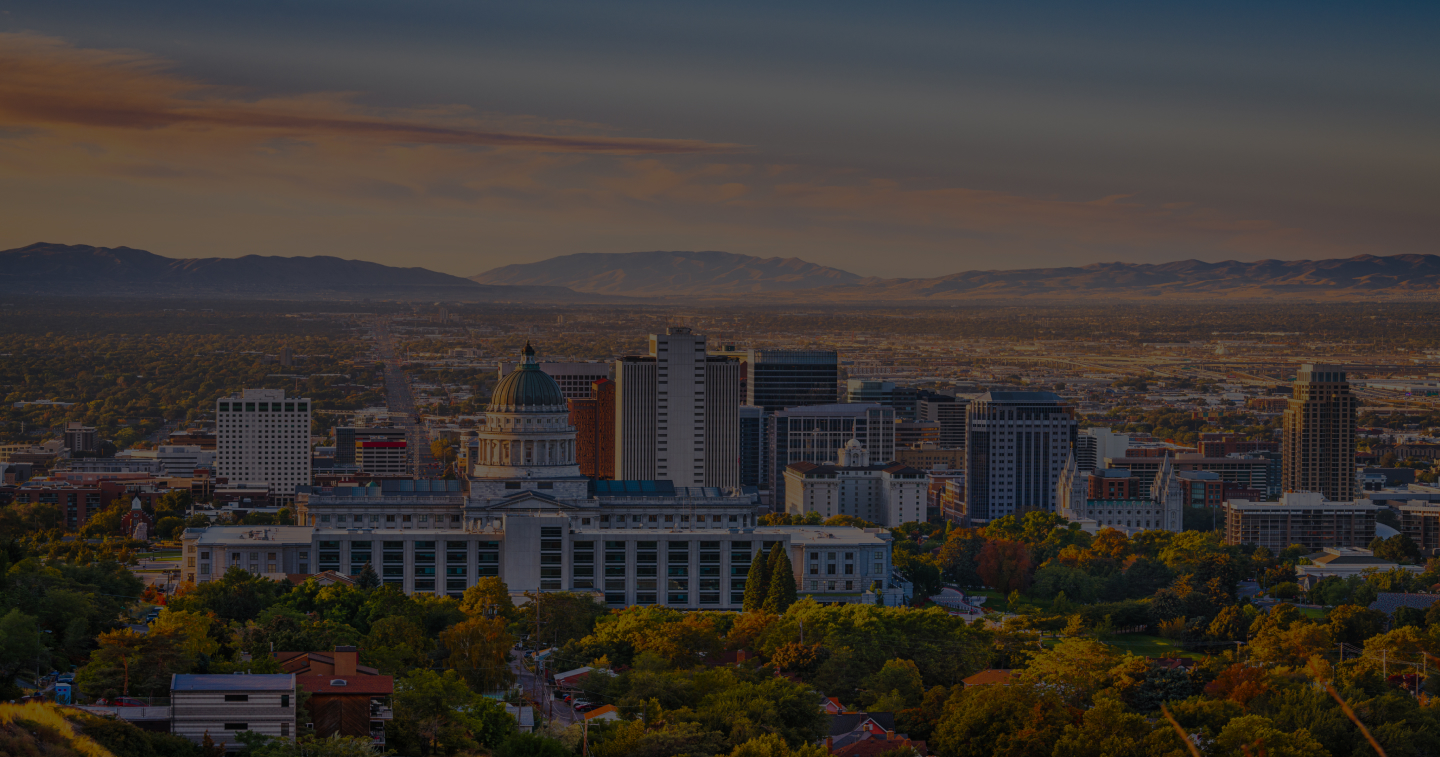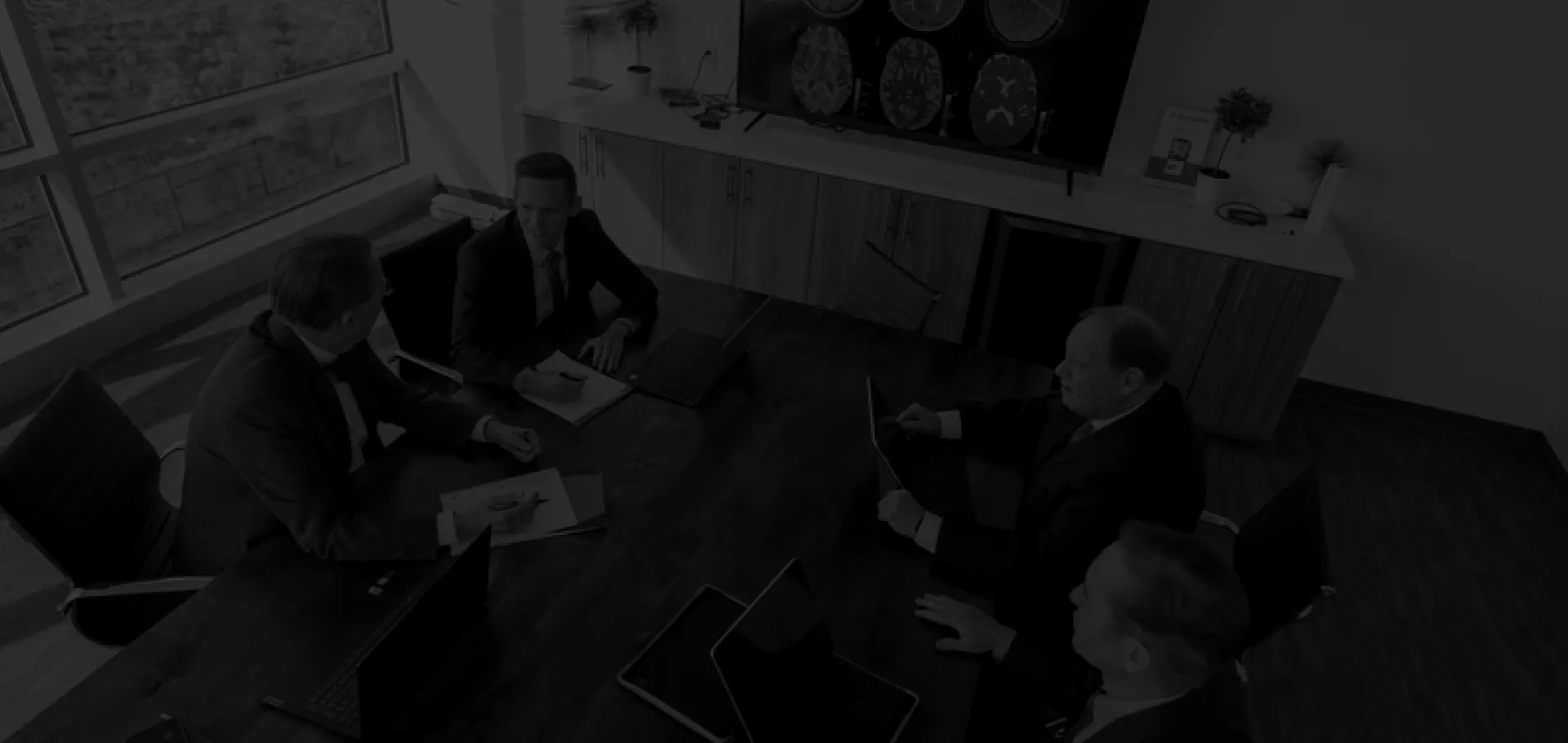
You got into a fender bender with another driver in a parking lot. The damage is negligible — or even nonexistent. Do you need to call the police? Notify your insurance company.
Above all, you need to protect yourself and your property legally. Vehicle damage and injuries might not be immediately evident after an auto accident. It is vital to keep in mind also that the repair costs to fix even minor damage can run higher than you realize. Newer cars have computerized safety components and cameras that can bring costs to cover damages to your vehicle well into the four-figure range.
Consider the succeeding tips to help you figure out what to do following a minor car accident. Our legal team can help you through the process of your car accident case.
What Is Considered a Minor Car Accident
Based on the figures from the National Highway Traffic Safety Administration (NHTSA), all of the following elements apply to minor car accidents:
- The involved vehicle(s) could be driven off from the accident scene.
- There were no injuries, and medical assistance was not necessary.
- No airbags deployed upon impact.
Unless all of the above apply, never assume this was just a minor accident where no police report must be filed. In some instances, failing to report auto accidents can result in criminal charges being filed. Your car insurance company might also deny coverage for any collision claim arising from other drivers involved in the wreck, leaving you with all the legal liability for the insurance claims.
Ensure Safety
Knowing the appropriate course of action following a minor car accident is important. Call 911 to report the car accident. Your top priority is securing the safety of passengers, other drivers, and yourself.
While it might initially appear that no one was wounded in the car accident, not all injuries are apparent immediately at the crash scene. Often the rush of adrenaline that follows the impact will mask the pain from injuries that later become quite painful.
Also, getting out of the vehicle and onto safer ground might be necessary if there is danger from passing traffic or if the vehicle begins to smoke or catches fire. Even spilled gasoline from the crash can ignite and create a major safety hazard.
You also don’t want to cause or contribute to a secondary impact by leaving the vehicles involved in busy lanes of traffic. A minor collision can turn into a multi-car pileup if you and the other driver leave them blocking the highway.
Exchange Information
In a minor car wreck, you need to exchange insurance information with the other driver. Do this whether any injuries or vehicle damage are apparent or not, as you never know what damage could arise. If you lack the means to communicate with the other at-fault driver when you make an insurance claim, your insurance company could deny coverage after a minor car accident.
Notify Authorities and Insurance
Call 911 to make an accident report from the accident scene. The local police department will dispatch a police officer to the scene to make a report of the minor car accident.
Sometimes the other driver may attempt to dissuade you from reporting the car accident to the cops and your insurance company. They may insist there is no damage or bodily injury claim to report. But they could also then claim against your insurance company, alleging that you bear the responsibility for any injuries or property damage.
Without a police report, it will be impossible to properly assign blame to the driver who is responsible for the minor car crash. By calling a police officer to the scene of the wreck and notifying your insurance company immediately, you protect yourself from liability.
Assess Damage and Seek Medical Attention
With all the computerized safety features on today’s vehicles, it doesn’t take much of a car accident to disengage sensors and render those features unusable. If the other driver caused a minor accident, you will need to demonstrate that the collision’s impact caused damage to your vehicle.
You also need to be medically evaluated even if you don’t initially feel pain. Especially with head injuries, victims can act and talk normally in the immediate aftermath of the collision, then decompensate quickly if they suffer a traumatic brain injury (TBI). Brain injuries require immediate medical treatment to be survivable with few lingering effects.
File an Accident Report
Even when the collision was your fault, you may still need to file an accident report with your auto insurance provider. You should have personal injury protection coverage for medical payments for bodily injury claims that arise. Something that initially seems like a bruised knee or sore shoulder can develop into a painful, chronic condition that significantly limits mobility.
Preserve Evidence
Evidence collection should be done at the scene of the collision. Snap photos of any damage to both cars from different angles. You don’t want the other motorist involved in the crash to blame any subsequent vehicular damage they sustained on the fender bender between you and the other driver.
Snap quick shots of the overall scene. Include skid marks and the lack of any indication the driver attempted to brake and avoid impact. Any visible injuries, e.g., bruising and lacerations, should also be photographed.
Consult With an Attorney
At Parker + McConkie, we advise those involved in seemingly minor wrecks to schedule a free, no-obligation consultation with an experienced car accident lawyer. You might already have an attorney handling other business or family law matters for you and think you can just seek advice about what to do following a minor car accident.
But those attorneys who practice certain types of law other than personal injury are not well-equipped to provide guidance and advice about potential claims from the collision. For that, you need to retain a Utah car accident attorney who can effectively advocate for your best interests following an accident, no matter how minor it may at first seem.
Follow-up Actions
To make any claim against your own or the other motorist’s insurance company, you will need to get a copy of the report from the Utah State Highway Patrol or the responding county or city police department.
It typically can take several days before your report will be ready to be picked up. Once you have a copy, read over it carefully to determine which driver was found to be most at fault in the crash.
What Your Personal Injury Lawyer Can Do for You
Most laypersons are ill-equipped to negotiate with insurance carriers to settle claims or litigate them in a Utah civil courtroom. The seasoned personal injury attorneys at Parker + McConkie know all the tricks insurance companies use to delay and deny claims. They are committed to getting the maximum value from each client’s claim for damages in the wake of even minor wrecks.
Contact the Utah Car Accident Lawyers at Parker & McConkie Today
For more information, please contact an experienced car accident lawyer at Parker & McConkie to schedule a free initial consultation today. We have 5 convenient locations in Utah, including Midvale, Salt Lake City, Ogden & Provo, UT. Clients can also visit our offices in Idaho Falls, ID & Rock Springs, WY.
We proudly serve Weber County, Utah County, Salt Lake County in Utah, Bonneville County in Idaho, Sweetwater County in Wyoming , and its surrounding areas:
Parker & McConkie Personal Injury Lawyers – Salt Lake City Office
466 S. 500 E., Suite 100,
Salt Lake City, UT 84102
(801) 851-1202
Hours: 24/7
Parker & McConkie Personal Injury Lawyers – Midvale Office
7090 Union Park Ave, #160,
Midvale, UT 84047
(801) 845-0440
Hours: 24/7
Parker & McConkie Personal Injury Lawyers – Ogden Office
2510 S Washington Blvd, Suite 160,
Ogden, UT 84401
(385) 402-8187
Hours: 24/7
Parker & McConkie Personal Injury Lawyers – Provo Office
37 E Center St, Suite 300,
Provo, UT 84606
(801) 876-4107
Hours: 24/7
Parker & McConkie Personal Injury Lawyers – Rock Springs Office
531 N Front St,
Rock Springs, WY 82901
(307) 205-7400
Hours: 24/7
Parker & McConkie Personal Injury Lawyers – Idaho Falls Office
2235 East 25th St. Suite #280,
Idaho Falls, ID 83404
(208) 418-0633
Hours: 24/7



